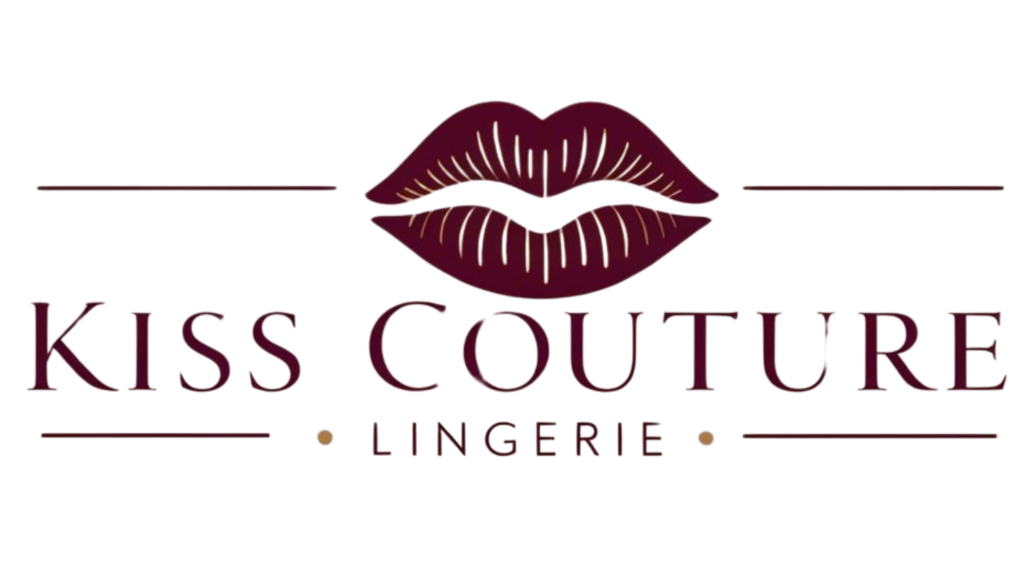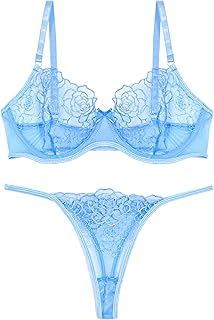As the fashion industry grapples with the environmental impact of its practices, a shift towards sustainability is gaining momentum. Australians’ consumption of clothing, largely made from synthetic fibers and processed with harmful chemicals, has raised concerns about pollution and waste in the supply chain. However, a ray of hope shines through the efforts of small lingerie brands committed to eco-friendly materials.
Utilizing fabrics like Lenzing Modal, bamboo, and organic cotton, these designers are revolutionizing the lingerie landscape. Lenzing Modal, derived from Beechwood trees in sustainable plantations, offers a luxurious feel while promoting a closed-loop manufacturing process. Bamboo, known for its softness and rapid regeneration, requires minimal resources for cultivation. Organic cotton, grown without chemicals, not only benefits the wearer but also enhances soil fertility.
NICO, a Brisbane-based label, embodies this ethos by crafting bras and underwear in classic colors using sustainable materials. Founder Lis Harvey’s journey into sustainable fashion was driven by a desire to challenge unethical practices in the industry. She emphasizes the crucial role consumers play in demanding eco-conscious products, which in turn incentivizes brands to adopt sustainable practices.
In Melbourne, Ken the Label merges sporty and sexy aesthetics with ethical production methods. Designer Lauren Di Palma’s dedication to sustainability is evident in the brand’s high-cut briefs and bralettes made from Lenzing Modal. By collaborating with manufacturers who prioritize waste reduction and water recycling, Ken the Label sets a new standard for responsible fashion.
Baserange, a Danish-French brand, has garnered a loyal following for its versatile intimates and loungewear. Embracing natural fibers like organic cotton, bamboo, and modal, Baserange prioritizes comfort and functionality. Australian representative Karina Utomo praises the brand’s practical designs, tailored to modern silhouettes, reflecting a Danish sensibility that transcends fleeting trends.
Alas, founded by Kelly Elkin and Betony Dircks, champions sustainable practices in sleepwear and underwear. Their commitment to using certified organic cotton underscores a dedication to environmental stewardship. By prioritizing fabric alternatives that promote soil regeneration, Alas exemplifies a thoughtful approach to design that resonates with conscious consumers.
Hopeless lingerie, spearheaded by Gabrielle Adamidis, offers a unique blend of dark romance and sustainable craftsmanship. Despite challenges in sourcing eco-friendly lace, the brand remains steadfast in its commitment to small-scale production and custom sizing. Adamidis’s vision of hand-sewn intimates exudes a sense of artistry and individuality, appealing to those seeking ethically-made, one-of-a-kind pieces.
Through their innovative designs and ethical principles, these lingerie designers are paving the way for a more sustainable and mindful approach to fashion. By prioritizing quality, comfort, and environmental responsibility, they showcase the transformative power of conscious consumer choices in shaping a more sustainable future for the industry.
📰 Related Articles
- Australian Regional Designers Lead Sustainable Fashion Movement
- Sustainable Australian & NZ Lingerie Brands Redefine Intimate Fashion
- Zivame’s Marketing Revolution Transforms Lingerie Shopping in India
- Zara Duffy Redefines Fashion Through Sustainable Upcycling Initiatives
- Vibrant Summer Fashion Trends 2025: Meet Rising Women Designers






